The Council for the Advancement of Teaching and Learning (CATL) is made up of representatives who guide centers and initiatives related to teaching and learning and instructional technologies. The Council serves as a peer network for its members and in an advisory capacity to the Kirwan Center. CATL aims to strengthen institutional and cross-institutional efforts to enhance teaching and learning through networking, collaboration, and sharing of best practices; build and sustain a culture of excellence in teaching and learning across the USM; and support and recognize faculty in teaching, learning, and student success.
Chrys Egan,
Interim Director, Center for the Advancement of Faculty Excellence
: Salisbury University
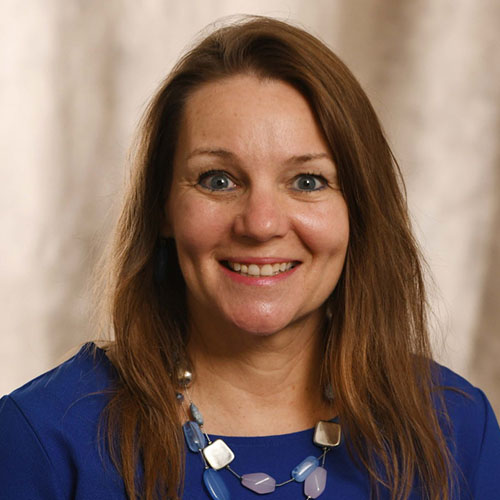
Dr. Chrys Egan is the Associate Dean of the Fulton School of Liberal Arts, a Professor of Communication, and the Interim Director of the Center for the Advancement of Faculty Excellence (CAFE). She is Chair of the International Leadership Association’s (ILA) Public Leadership Community, Past-Chair of the ILA’s Women and Leadership community, Past-President of the Popular Culture Association in the South, and Past-President of the Maryland Communication Association. Dr. Egan has over 40 academic publications and 50 popular press articles on communication, leadership, and culture. She is co-editor of the book, Pathways into the Political Arena: The Perspectives of Women Global Leaders. She co-edited a special issue of Merits international journal on “Changing Realities for Women and Work.” She is co-editing an ILA book series on Transformative Women Leaders. She earned awards for President’s Diversity, Outstanding Faculty, Alumni Faculty Appreciation, Outstanding Research Mentor, Distinguished Faculty, BEACON Scholar-in-Residence, University System of Maryland Excellence in Mentoring, Maryland Top 100 Women (twice), Leadership Maryland, and Women and Leadership Outstanding Practice with Local Impact.
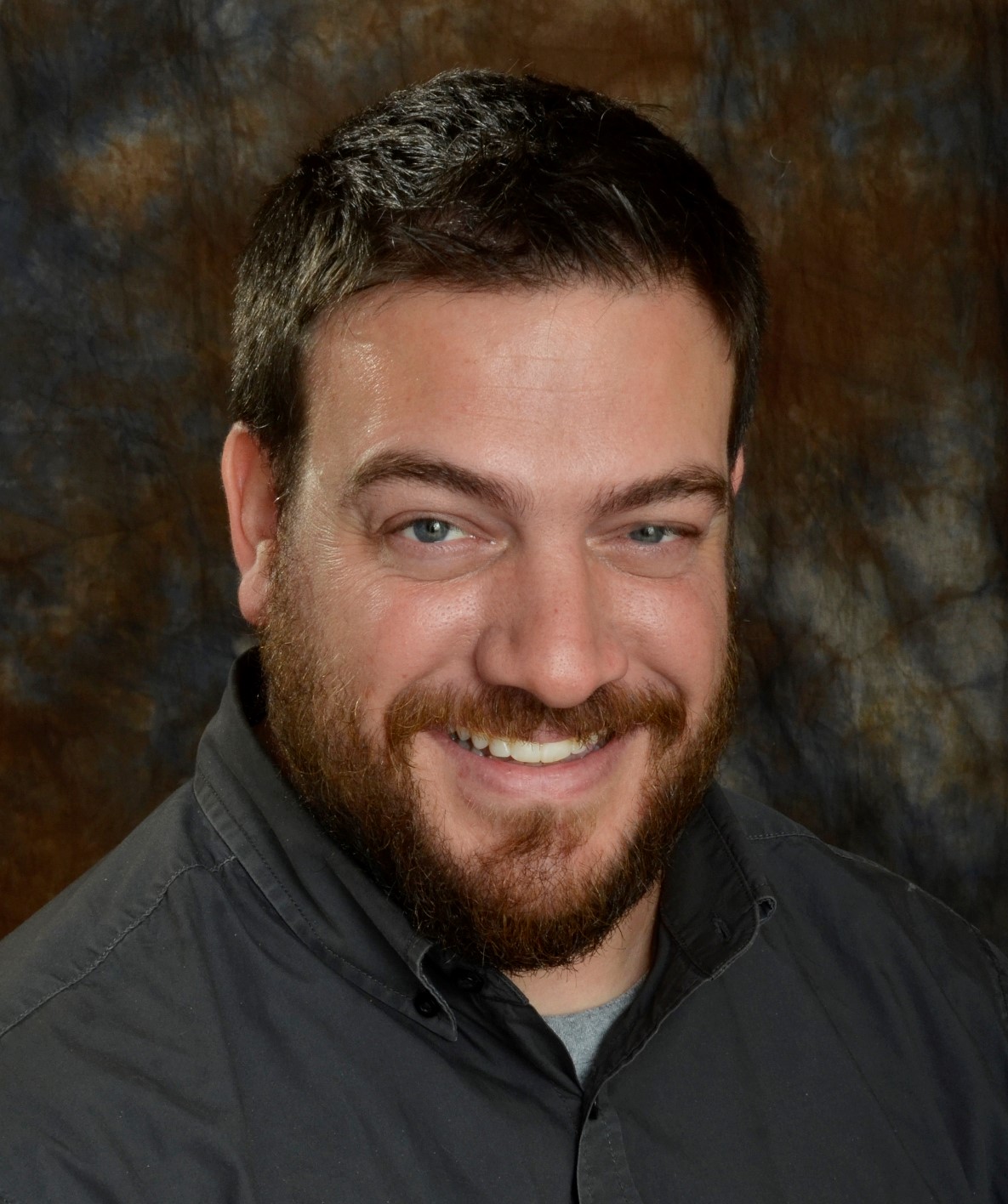
Eric Belt, MDE, is a senior instructional designer in the faculty center for teaching and learning at the University of Maryland, Baltimore as well as an educational technology doctoral candidate at Boise State University. His research interests are in communication, connectedness, and community in online courses. He holds an masters in distance education and e-Learning (MDE) from the University of Maryland University College and a BS in business administration from Towson University. Prior to joining UMB, Eric was the director of learning technology at the College of Southern Maryland and, formerly, the assistant director of e-Learning at Howard Community College. Eric has served as an instructional designer both virtually and on-campus for various community colleges across the United States. Eric brings a passion for advancing the scholarship of teaching and learning through course design, instructional communication, and faculty professional development to the center.
Cynthia Cravens,
Director of Faculty Development for the Center for Teaching Excellence and Assistant Professor of English
: University of Maryland, Eastern Shore
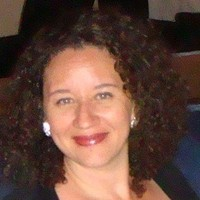
Cynthia Cravens joined the faculty of UMES in 2014 as an Assistant Professor in the Department of English & Modern Languages. A relentless supporter of the Humanities, she has worked with the National Endowment for the Arts and the Maryland Humanities Council, and, post-COVID-19, hopes to work with the National Humanities Alliance. As the inaugural Director of Faculty Development and the founder of the brand new Center for Teaching Excellence, Cravens develops and implements initiatives to support engaged instruction, meaningful assessment, and reflective evaluation. In the area of faculty development, her interests are in equity and inclusion, assessment, adjunct support and development, writing for the public, and, from a curriculum point of view, turning STEM into SHTEAM. She holds an MFA in writing from Emerson College and a PhD in English from the University of Illinois at Chicago.
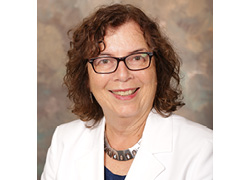
Dr. Eva Garin is a Professor at Bowie State University where she serves as Director for the Center for Excellence in Teaching and Learning. She also serves on the National Association for Development Schools (NAPDS) Leadership Team and is Co-Editor of their publication, PDS Partners: Linking Theory and Practice. Garin is a past chair of the American Educational Research Association (AERA) PDS Research SIG. Her research interests include teacher inquiry and inquiry into the college classroom and professional development for teachers and university faculty. She is a frequent presenter at both the NAPDS and AERA national conferences. Her publications include book chapters and scholarly journal articles on literacy, professional development and teacher inquiry.
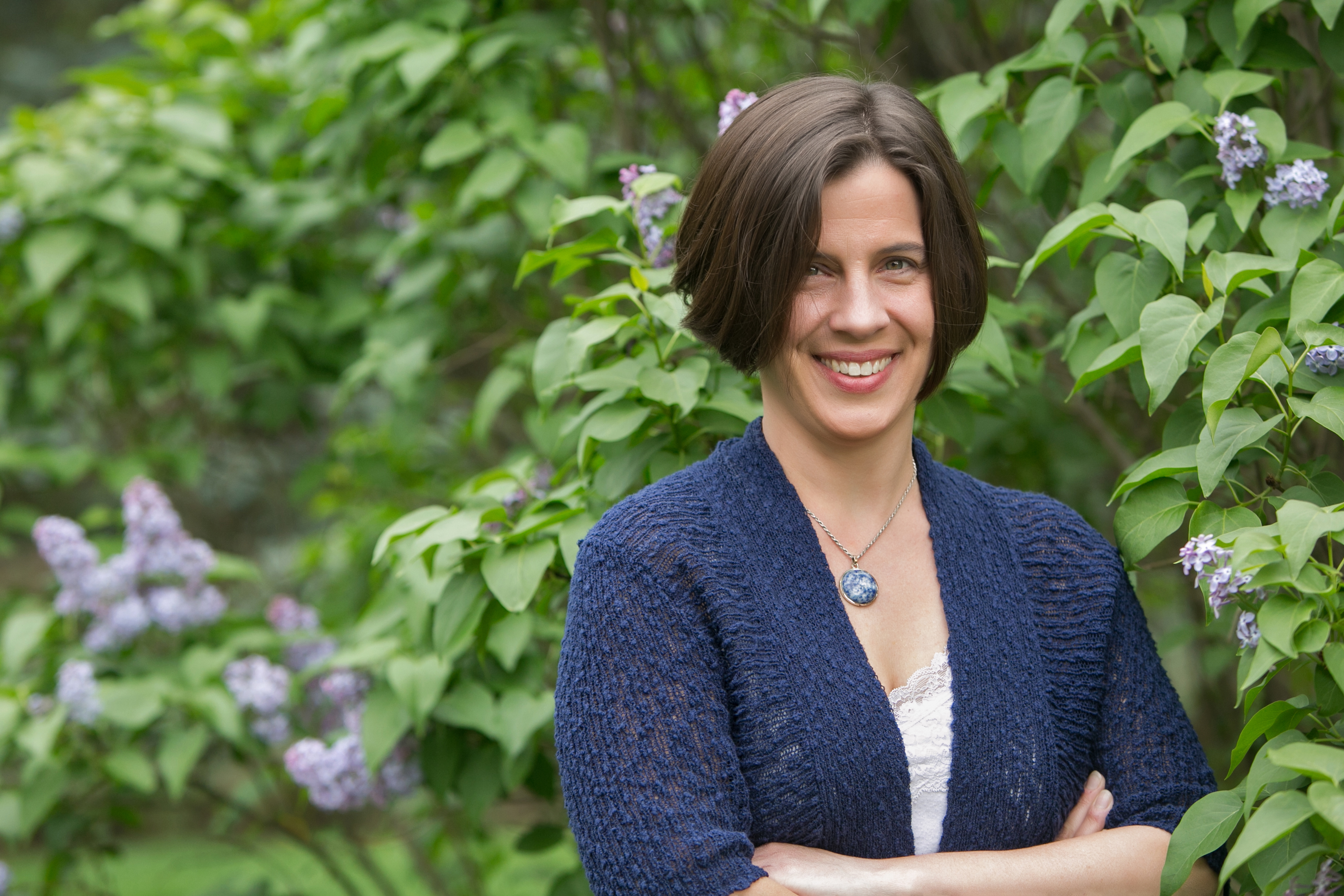
Erin Hagar is a Senior Instructional Designer at the University of Maryland, Baltimore, where she supports the Master of Science in Health Science curriculum. She has worked in the field of curriculum, instructional design, and faculty development for almost twenty years, including positions at American University, the World Bank, Montgomery Community College, Johns Hopkins University, and the University of Maryland, Baltimore. She holds an M.A. in Spanish from American University and an M.F.A. in Writing from Vermont College of Fine Arts.
Constance Harris,
Director of Digital Learning Innovation and Instructional Design, Bank of America Center for Excellence in Learning, Teaching, and Technology
: The University of Baltimore
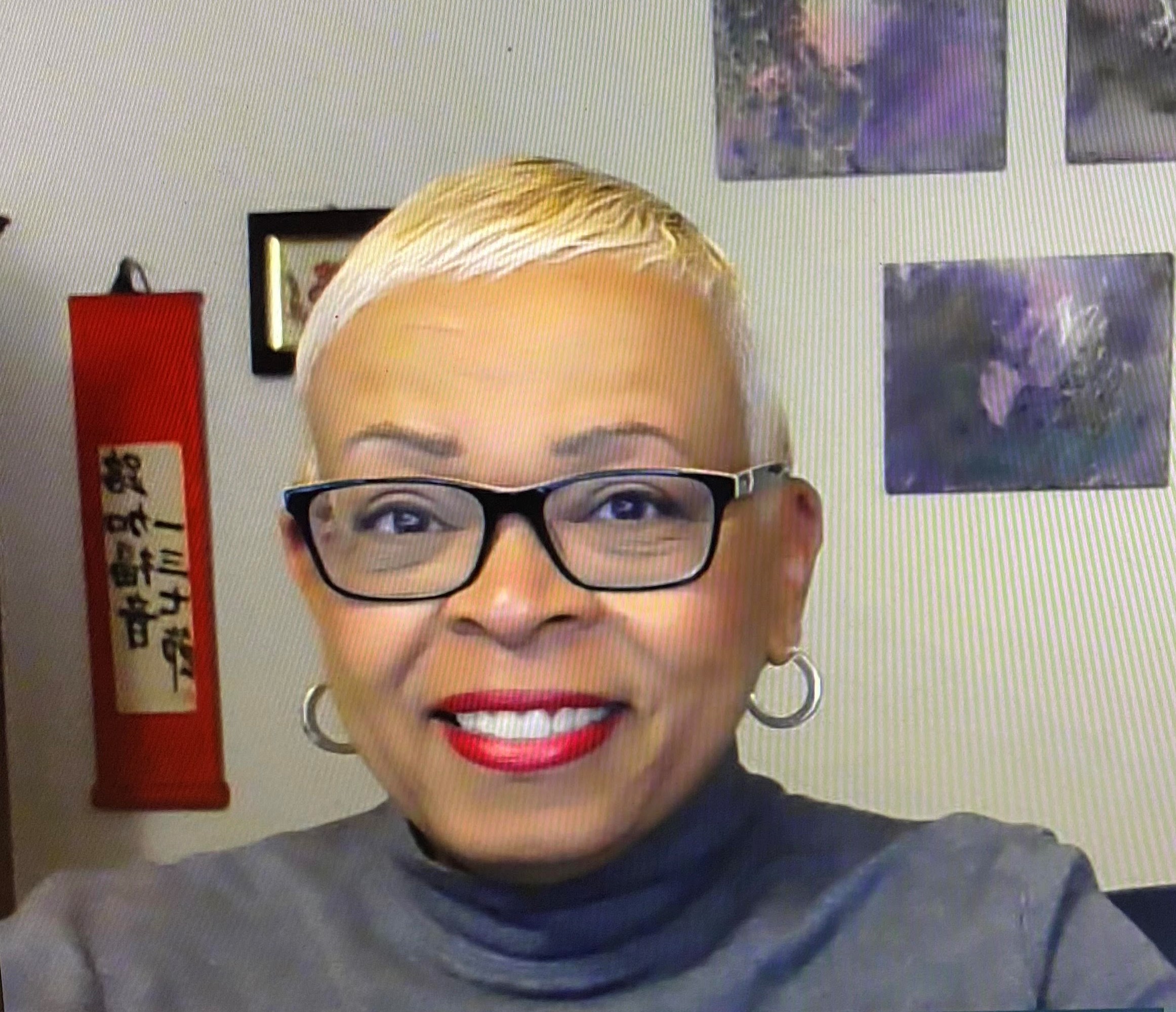
Dr. Constance Harris is the Director of Digital Learning Innovation and Instructional Design at the University of Baltimore. In this role, she leads initiatives to strengthen online, hybrid, and face-to-face learning in alignment with the university’s mission. She is responsible for the selection, maintenance, and support of the university's learning management system and oversees the instructional design team. She collaborates with faculty to enhance teaching and learning through course design consultations, professional development, and the effective use of instructional technologies and innovative pedagogical strategies. She holds a doctorate in Curriculum and Instruction with a focus on Learning, Design, and Technology from Purdue University and a Post-Masters Certificate in College Teaching and Learning Science from the University of Maryland, Baltimore County. Before joining the University of Baltimore in 2018, she served as Assistant Director for Instructional Design at George Mason University’s Stearns Center and has held technology leadership roles in both the public and private sectors.
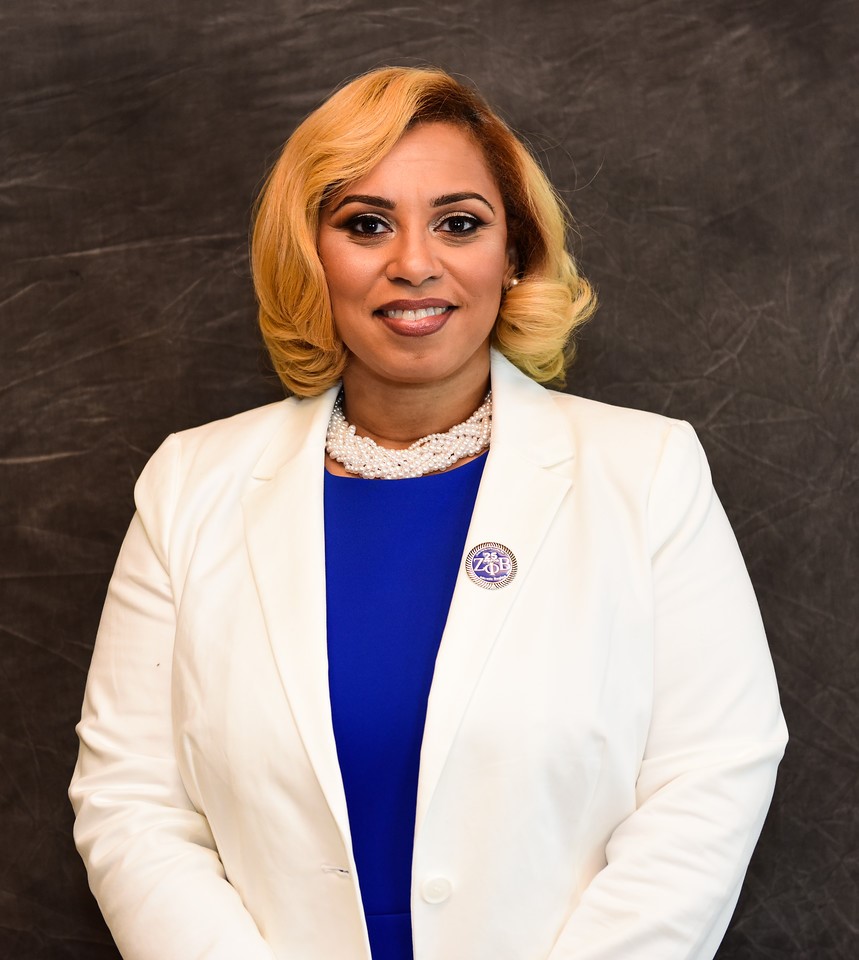
Dawn J. Kemp is a faculty member and serves as the Director of Faculty Development and Training at the University of Maryland Global Campus (UMGC). With a wealth of experience in higher education spanning over 25 years, she has served in positions supporting both student and faculty affairs. In her current role, Dawn is responsible for assessing the professional development needs of a global faculty community of over 5000 members. Additionally, she spearheads the development of comprehensive programs and services to meet these needs. Dawn’s academic background includes an M.S. in Adult and Continuing Education from Coppin State University and a Graduate Certificate in Instructional Design from the University of Maryland Baltimore County (UMBC). Her research interests encompass a range of topics such as diversity, equity, and inclusion (DEI) in curriculum design, effective online instructional practices, and providing support for first-generation college students. Outside of her professional endeavors, Dawn indulges in her passion for travel, theater, and reading. Additionally, she actively serves as a board member for the League of Women Voters in Howard County, MD.
Kerrie L. Kephart,
Interim Director, Faculty Development Center
: University of Maryland, Baltimore County
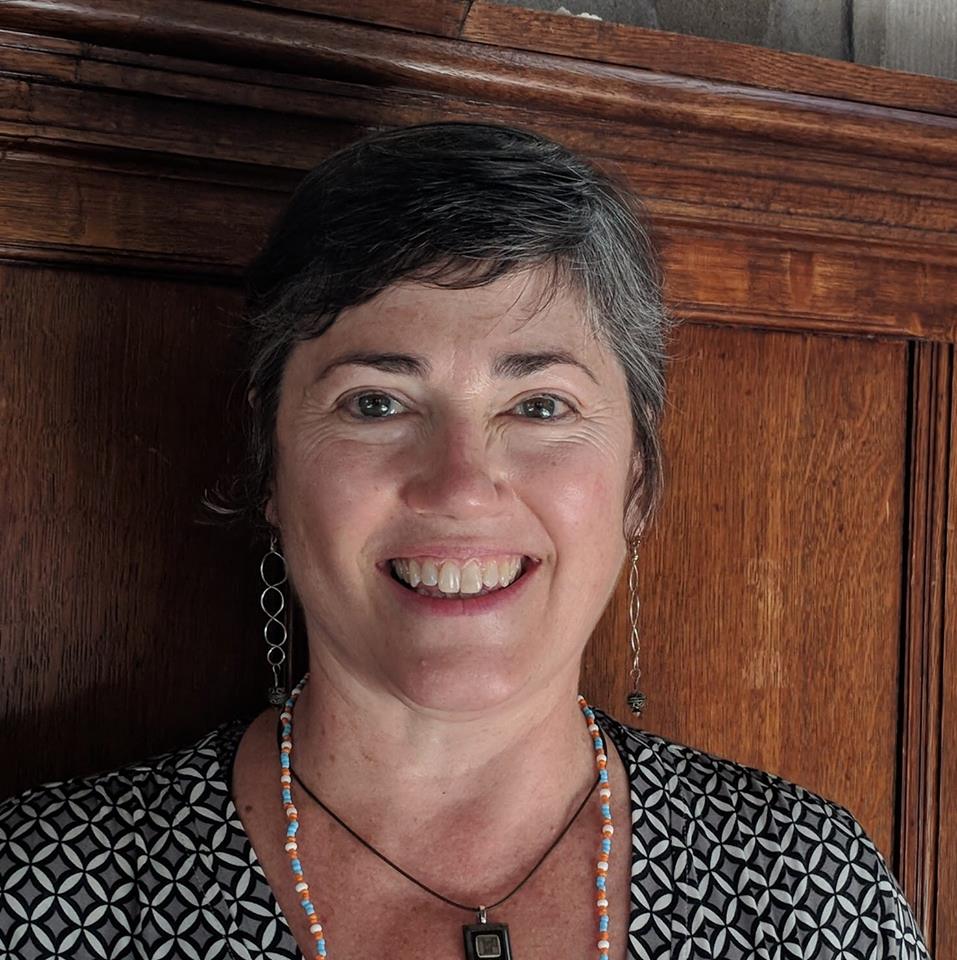
Dr. Kerrie Kephart is Interim Director of the Faculty Development Center, supporting faculty to innovate in their teaching and investigate issues of teaching and learning in their classrooms and disciplines. Her interests in faculty development include the scholarship of teaching and learning, pedagogies of reflection such as journaling and portfolio development, active learning and inquiry-based pedagogies, writing across the curriculum/in the disciplines, and discourses of teaching and learning. She holds a doctorate in Curriculum & Instruction from the University of Wisconsin-Madison, with a specialization in advanced academic literacy development. Prior to joining the FDC staff, she was Director of the Engineering Communication Program at the University of Washington, Seattle, and prior to that, she was Assistant Professor of ESL/Bilingual Education at the University of Texas at El Paso. In her previous positions, she conducted research studies in innovative teaching methods in the STEM fields and presented a workshop series in writing across the curriculum for faculty across all disciplines. She has also taught a variety of courses in language and literacy development, including academic writing for educators, writing the scientific article, technical communication, English as a second language pedagogy, principles of bilingual education, and discourse analysis.
Sol Roberts-Lieb,
Director, Faculty Center for Teaching and Learning
: University of Maryland, Baltimore

Dr. Sol Roberts-Lieb is the Director of the Faculty Center for Teaching and Learning (FCTL) at the University of Maryland, Baltimore. He serves as an Assistant Professor in the Health Professions Education program in the Graduate School, and as a member of the Leaders in Education: Academy of Presidential Scholars (LEAPS) Steering Committee.
Sol most recently served as the senior director for faculty development at the Carle Illinois College of Medicine in Urbana, Ill. Before this role, he was the founding director of faculty development at the same institution. Prior to working in the College of Medicine, Dr. Roberts-Lieb led faculty development and integration of educational technology efforts in the university’s Center for Innovation in Teaching and Learning. Dr. Roberts-Lieb holds a doctorate in Education Policy, Organization, and Leadership from the University of Illinois Urbana-Champaign, where his research focused on how organizations can support educators using differentiated instruction in their classroom.
As a member of the board of directors for the International Association of Medical Science Educators (IAMSE), he has cultivated an extensive network of health professions educators and made significant contributions to publications like Medical Teacher, the Association of American Medical Colleges (AAMC) professional development website, and IAMSE reports, among others.
Melissa Thomas,
Manager, Instructional Design & Delivery and Adjunct Faculty, Communication Arts
: Salisbury University
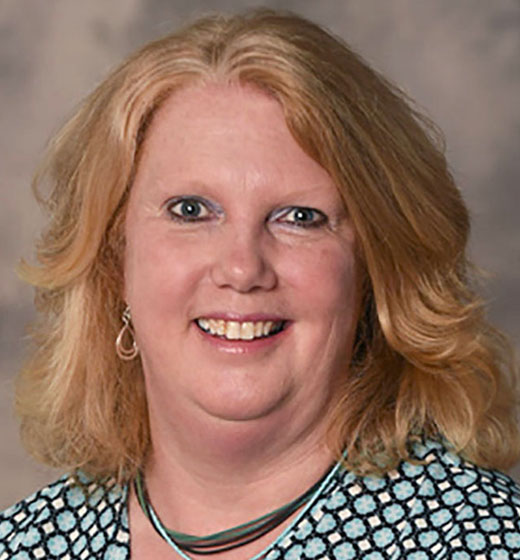
Melissa Thomas is an alumni of Salisbury University earning both a B.S. in Mathematics and M. Ed. in Post-Secondary Education with a concentration in Distance Learning from the institution. She has worked at SU since 1993 in support of instructional technology and online learning. She leads a team of Instructional Designers focusing on faculty development, pedagogical consultation, effective use of instructional technologies and quality online/hybrid course design. She is an active member of the Faculty Development and Learning with Technology committees on campus as well as a Quality Matters Coordinator and Master Reviewer. She coordinates various professional development events on campus including the annual Teaching and Learning Conference. Thomas continues her passion for teaching and engaging students by teaching part-time in the fields of Communication Arts, Information Technology and Computer Science.
Mary E. Warneka,
Director of Teaching Innovation, Teaching and Learning Transformation Center
: University of Maryland, College Park
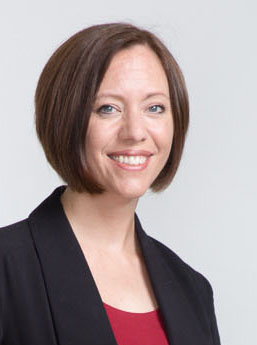
Mary E. Warneka is the Director of Teaching Innovation in the Teaching and Learning Transformation Center. With 24 years of educational development expertise with multiple sectors including higher ed., PK-12, federal government, and non-profit institutions, Mary's teaching and design philosophy ignites learning through a constructivist, technology-enhanced, learner-centered approach. Her visionary framework champions innovation, equity, and inclusion, transforming educational spaces into dynamic environments where all learners thrive. In her leadership role at the University of Maryland College Park, Marydrives strategic vision and innovative planning that elevates excellence in teaching, fosters meaningful learning experiences, and advances impactful scholarly activities. She earned a BA in International Studies from the University of Dayton, an MA in Conflict Resolution Education from American University, and is ABD on her journey toward a Doctor of Philosophy in Instructional Technology from Towson University.
Patricia Westerman,
Assistant Provost, Faculty Academic Center of Excellence at Towson
: Towson University
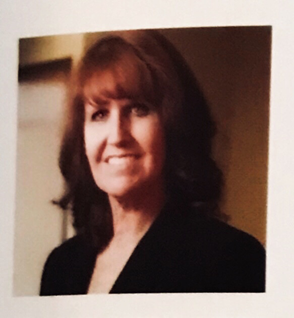
Dr. Patricia Westerman joined the Towson University community in June 2019 as the inaugural Assistant Provost for the Faculty Academic Center of Excellence and as a tenured professor in the Psychology Department. Before starting at Towson University, she served in a number of academic, administrative, and leadership roles, while teaching for 22 years at Bowie State University (BSU). She served as Director of the BSU Center for Excellence in Teaching and Learning, as co-Chair of the BSU Middle States Self-Study Steering Committee, and as BSU Faculty Senate Chair. Most recently, she served as Chair of the Council of University System Faculty (CUSF) for the University System of Maryland. Westerman conducts research on innovation in higher education teaching and learning, as well as higher education leadership and mentoring.







